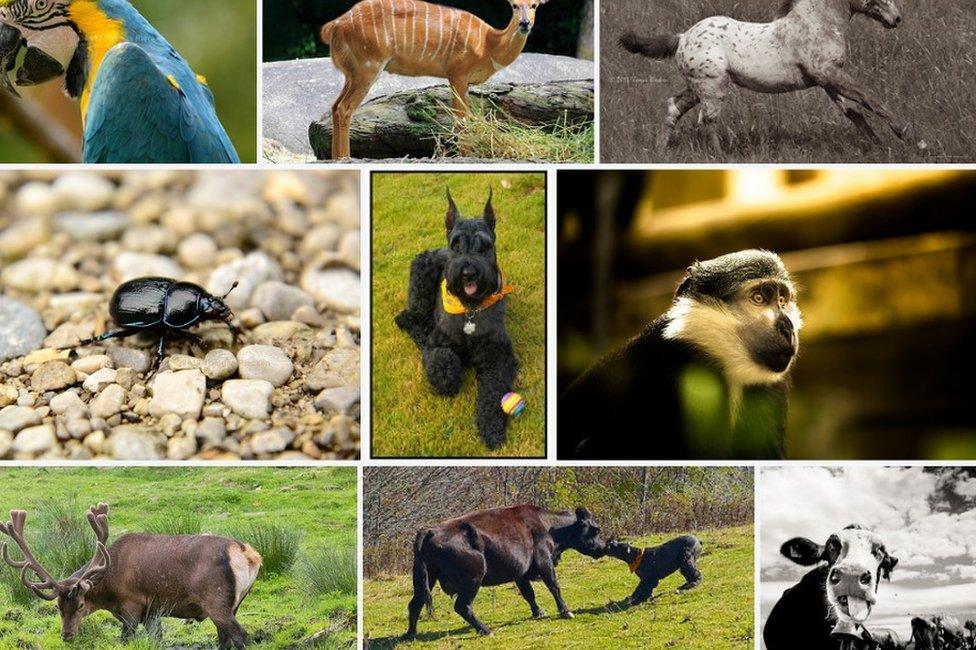Flickr starts culling users' photos
- Published

Photo-sharing website Flickr is starting to delete users' photos after changing its terms and conditions.
The firm announced in November that it would no longer be allowing its members one terabyte of free storage.
Under the new rules, there is a limit of 1,000 photographs for those who do not subscribe to the service at a cost of $49.99 (£38) per year.
One terabyte would store around 200,000 photos with an average size of 5MB.
Flickr was acquired by another photo platform called SmugMug in April 2018. The price it paid to former owner Verizon was not disclosed.
In a blog in November announcing the changes, Flickr said that "storing tens of billions of Flickr members' photos is staggeringly expensive", external.
It also said by introducing the free storage in 2013, Flickr's original owner Yahoo had "lost sight of what made Flickr truly special" as new users were attracted by the storage rather than the photography.
"Making storage free had the unfortunate effect of signalling to an entire generation of Flickr members that storage - and even Flickr itself - isn't worth paying for," it wrote.
SmugMug has never offered a free service for its platform.
Tech websites have been sharing the best ways to archive photos before they disappear for those who do not wish to pay for the premium service.
Users can either download their images in batches of 500 via the camera roll, or make a request to Flickr for all their data - this will include other data such as comments and any GPS data, writes Barbara Krasnoff at the Verge, external.
Some Flickr members have expressed disappointment on social media, while others noted that the $50 annual fee did not feel unreasonable for the considerable storage space.
Allow X content?
This article contains content provided by X. We ask for your permission before anything is loaded, as they may be using cookies and other technologies. You may want to read X’s cookie policy, external and privacy policy, external before accepting. To view this content choose ‘accept and continue’.
Allow X content?
This article contains content provided by X. We ask for your permission before anything is loaded, as they may be using cookies and other technologies. You may want to read X’s cookie policy, external and privacy policy, external before accepting. To view this content choose ‘accept and continue’.
Allow X content?
This article contains content provided by X. We ask for your permission before anything is loaded, as they may be using cookies and other technologies. You may want to read X’s cookie policy, external and privacy policy, external before accepting. To view this content choose ‘accept and continue’.
- Published2 October 2017

- Published26 September 2018
